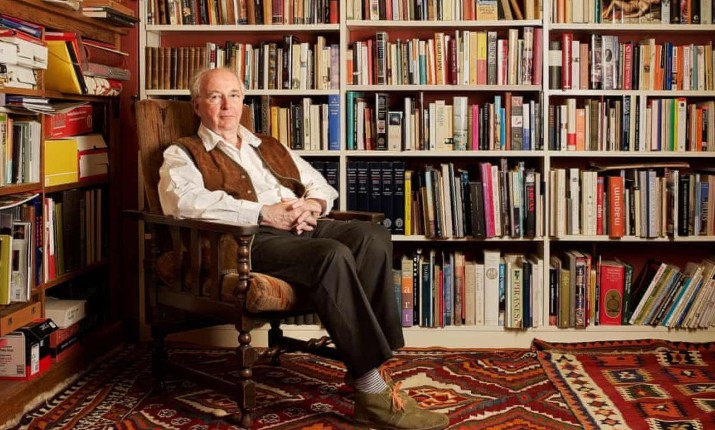Philip Pullman Warns UK Government Over ‘Wicked’ AI Data Scraping and Threats to Creativity
Sir Philip Pullman, the celebrated author behind the acclaimed His Dark Materials trilogy, has voiced serious concerns about the state of education and the rise of artificial intelligence in creative fields. At 78, Pullman is not holding back.
He argues that current government education policies are stifling the imagination of young minds. “Students are being forced into rote memorization and strict discipline,” he warns. “It’s nonsense.”
Pullman’s critique is sharp. He claims children are confined to outdated methods, memorizing facts, keeping silent in corridors, following rigid rules, rather than being encouraged to think freely.
Language learning, he insists, is particularly affected. “Understanding language should come before grammar rules,” he explains. “It allows for a more natural and imaginative use of language.”
For Pullman, imagination is far more than a pastime. “It’s a form of perception,” he says, crucial for recognizing deeper truths.
His literary work reflects this belief. In the concluding book of his popular trilogy, the mysterious ‘Rose Field’ becomes a space where imagination uncovers unseen forces.
- Ghosts.
- Wishes.
- Hopes.
- Memories.
These, Pullman notes, cannot be measured or scientifically analyzed, but they remain essential to human experience. His protagonist, Lyra, navigates this unseen world, discovering the intangible realities that define our lives.
Pullman is also outspoken on religion. He criticizes its use as a tool of power. “Those in authority may convince themselves they are acting in accordance with divine will,” he argues, highlighting how religious beliefs can be misused to control others.
In light of these concerns, Pullman urges the government to rethink educational practices and examine the influence of religion in governance.
He also warns of the dangers posed by AI data scraping, which he describes as a ‘wicked’ force undermining creativity and human originality.
For Pullman, the message is clear: nurturing imagination and critical thinking is more important than ever. Without it, the next generation risks losing touch with what makes life truly human.






